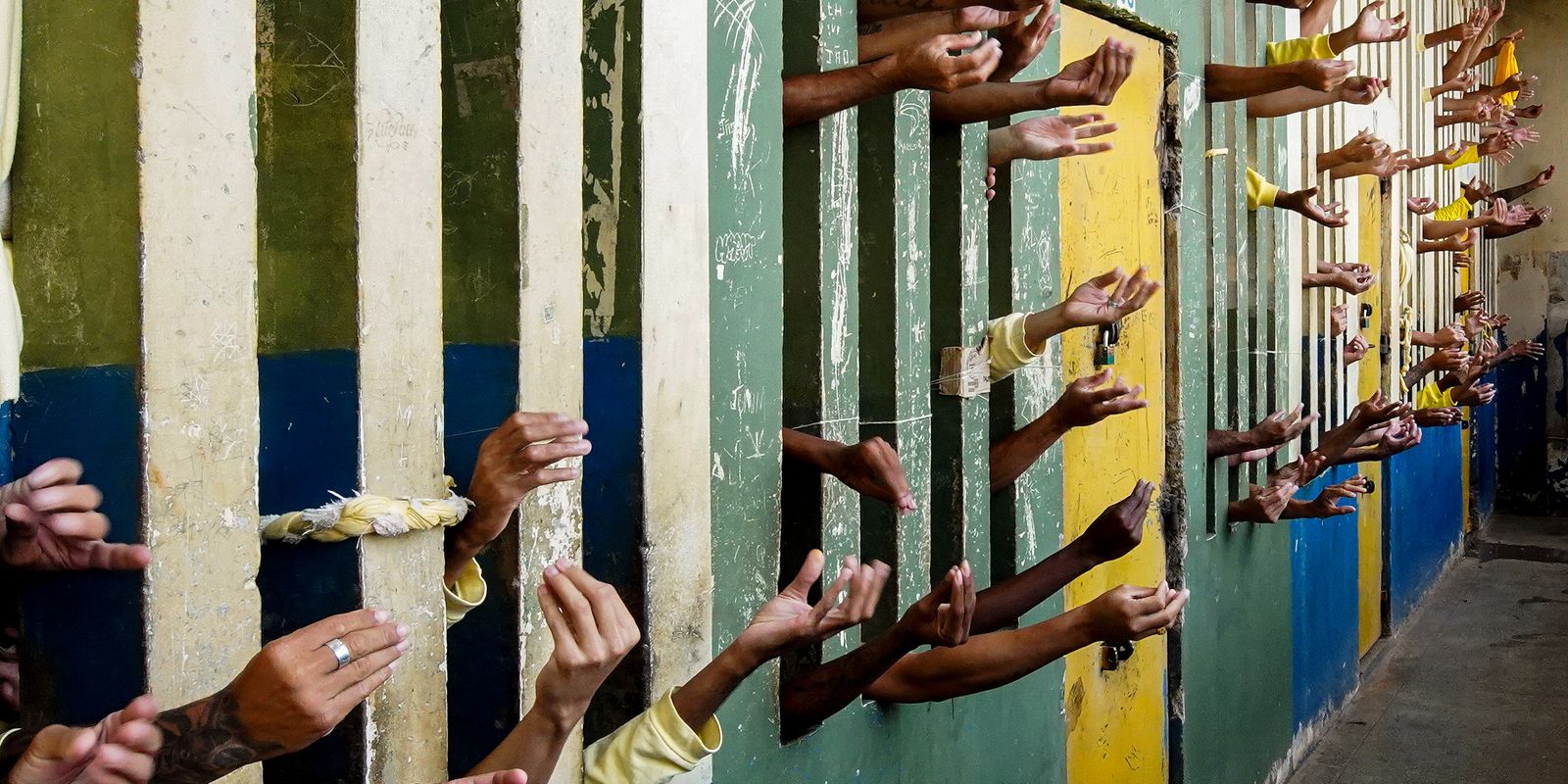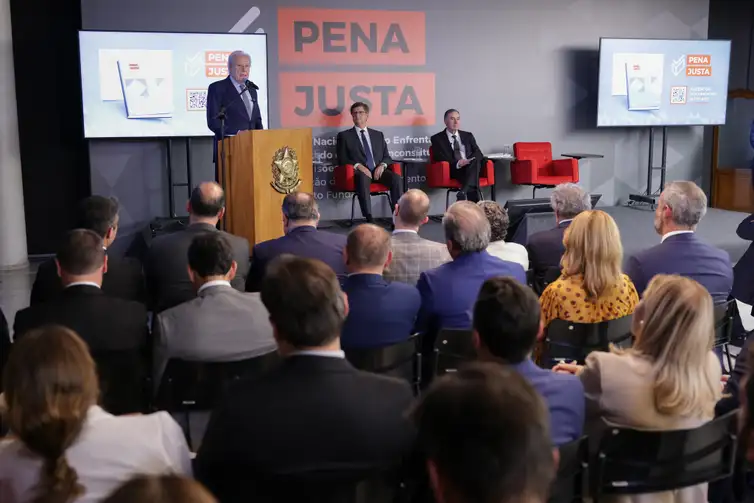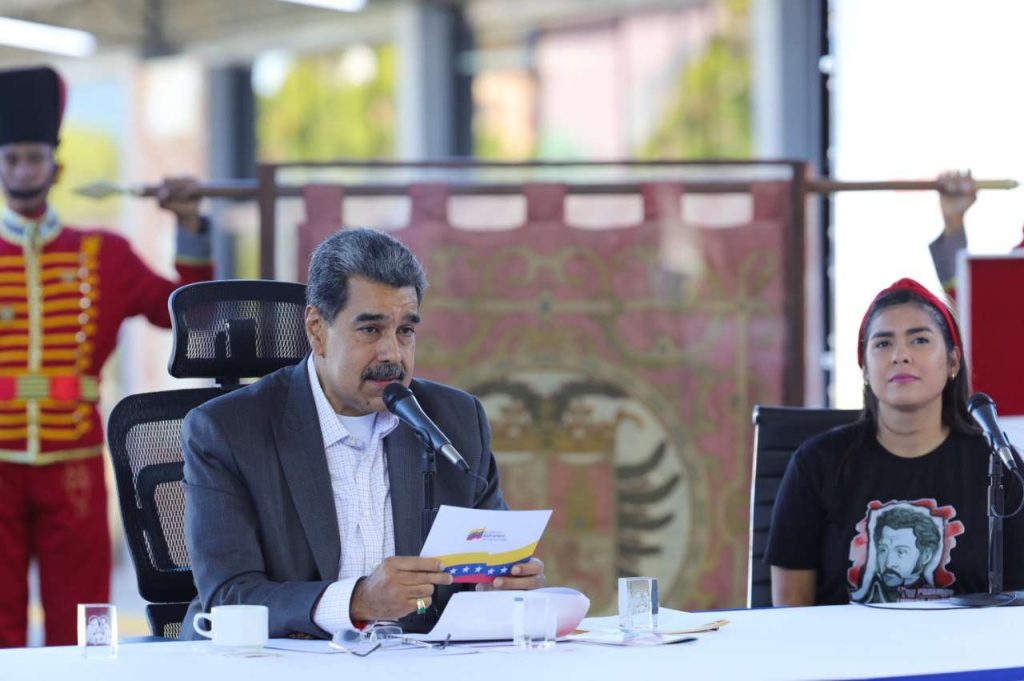The federal government and the judiciary launched on Wednesday (12) the Pena Pena Pena Plan, prepared by the Ministry of Justice and Public Security and the National Council of Justice (CNJ) to face the problems encountered in the country’s prisons. 50 shares and more than 300 goals were elaborated, which must be met by 2027.
The plan was prepared after the Federal Supreme Court (STF) determination, which recognized, in October 2023, the state of unconstitutional affairs in the arrests of Brazil.
The decision ordered previdencies to confront the various prison problems, including the overcrowding of detainees and degrading conditions.
The plan consists of four axes of action: Axis 1 deals with overcrowding and provides for the reinforcement of the application of precautionary measures to control vacancies in the prison system. Axis 2 will combat unhealthiness of prisons and ensure access to clean water, feeding and sanitation in prisons.
Axis 3 deals with the reintegration of detainees to society, through actions aimed at work, education and income generation. And Axis 4 will have actions to prevent the recurrence of crimes.
Also signed were cooperative agreements with the Ministry of Transport, the National Land Transportation Agency (ANTT) and the National Department of Transport Infrastructure (DNIT) to offer work for graduates.
The first step towards the implementation of the program will be the creation of criminal policies committees in the states. Committees will ensure the execution and monitoring of the plan.
During the launch of Pena Pena Justa, the president of the CNJ and the Supreme Court, Minister Luís Roberto Barroso, said the prison system feeds organized crime and needs changes. For Barroso, “prisoners have lost freedom, but not dignity.”
“It is an ambitious plan that seeks to face a set of problems. The first of these is overcrowding and poor quality of vacancies in the prison system, where people were accommodated in totally degrading situations,” he said.
The Minister of Justice and Public Security, Ricardo Lewandowski, said the plan seeks to rescue the detainees of an “unworthy situation” and incompatible with the Constitution.
“The punitivist culture that we feel remains very rooted in the population. It takes strong and blunt measures. This measure that we are putting into practice is one of these measures,” he added.

















